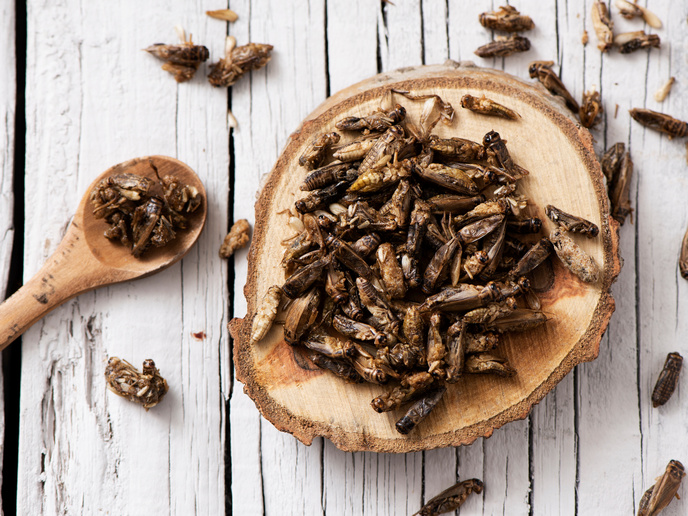Understanding the potential role of fungi in biodiesel production
As the world looks to reduce its dependence on fossil fuels, biodiesel has emerged as an affordable, reliable and sustainable alternative. In fact, according to the World Bioenergy Association(opens in new window) (WBA), over 41 billion litres of biodiesel were produced in 2018. Yet, due to high-production costs, biodiesel is a long way off from being able to compete with fossil-based diesel fuels. “The problem is that at least 10 % of the final product produced by the typical biodiesel production process is a low-value by-product called crude glycerol,” says An Phan, a researcher at the Institute of Applied Microbiology(opens in new window), part of RWTH Aachen University(opens in new window). “What’s needed are new solutions capable of converting this crude glycerol into an economically viable product.” One potential solution is the use of Ustilaginaceae, a type of fungi that has demonstrated the ability to use crude glycerol to produce industrial chemicals. With the support of the EU-funded Meta-Origami project, Phan, a Marie Skłodowska-Curie fellow(opens in new window), is working to better understand this potential.
Important results achieved
According to Phan, Ustilaginaceae fungi are unique in that they can grow in both haploid and unicellular form, making them remarkably advantageous for industrial applications. Take for example Ustilago trichophora, a particular species of Ustilaginaceae fungi. “If we can suppress the amount of carbon lost during its cultivation, this species could be an ideal candidate for use in industrial malate production, which is a key factor in being able to valorise crude glycerol,” explains Phan. Today’s challenge, however, is that the metabolic network and its function have not been described for any Ustilaginaceae species – which is where the Meta-Origami project comes in. “One of the major motivations of this project was to better understand Ustilaginaceae’s potential for using non-food biomass or bioindustrial waste streams as substrate to produce industrially relevant compounds,” adds Phan. The project has already achieved some important results, many of which shed new light on the use of U. trichophora in producing valuable chemicals from glycerol. These include, for example, establishing a general framework for U. trichophora strain improvement using metabolomics approaches. With this framework, researchers were able to extract fundamental biochemical information from intracellular and extracellular metabolites and use it to improve malate production. “Our results have put the spotlight on the biotechnological utilisation of Ustilaginaceae, which will also promote transferring of knowledge among European countries and throughout the world,” notes Phan.
Contributing to a more sustainable society
Biodiesel is a key enabling technology for industrial development in Europe. According to the WBA, around 15.7 billion litres of biodiesel, accounting for 37.5 % of the world biodiesel production, were produced in Europe in 2018. By improving malic acid production, the Meta-Origami project provides value to the European biodiesel industry, making the overall biodiesel refinery ecologically as well as economically more competitive. “Our ideas for using non-fossil, non-food sources will positively influence the societal acceptance of the concept and encourage the development of a true bioeconomy,” concludes Phan. “Together, these scientific, social, environmental and economic benefits will contribute towards a more sustainable society, with great opportunities for the preservation and creation of jobs and a reduced dependence on fossil fuels.”







